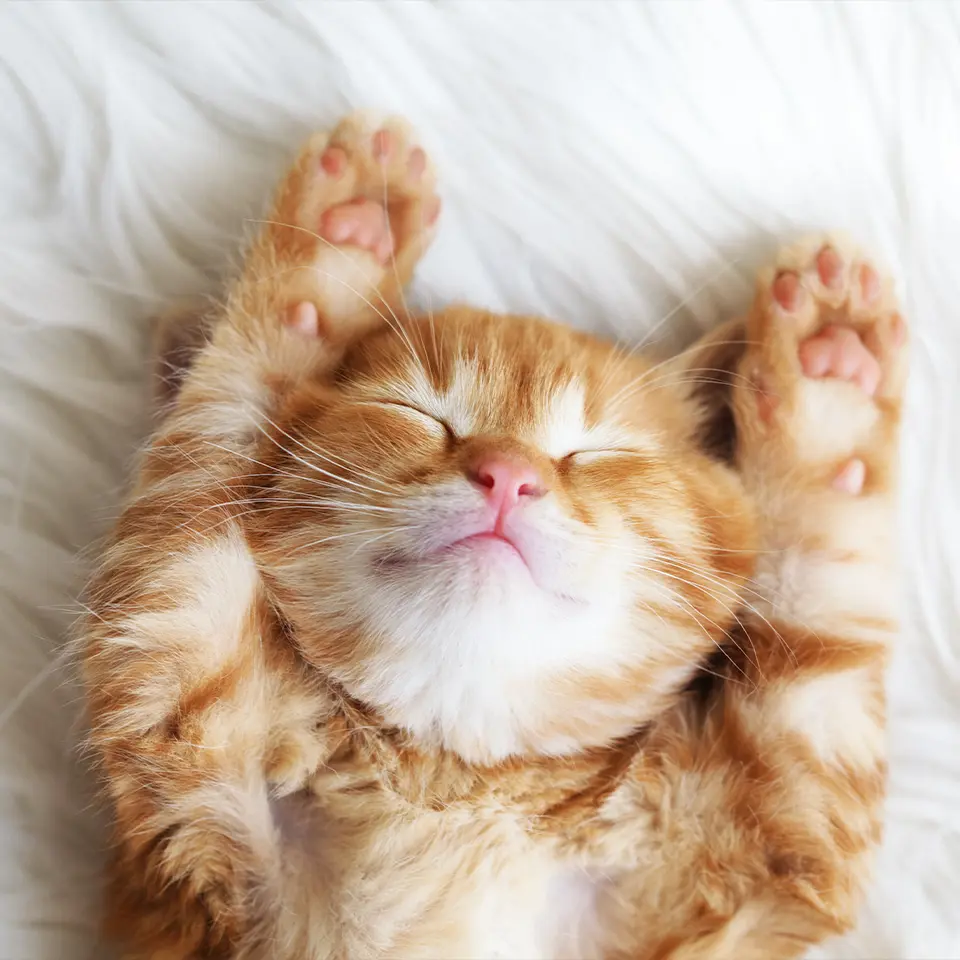Understanding Home Puppy & Kitten Checks: What to Expect
Home puppy and kitten checks provide valuable insights into what lies ahead. We guide you through their life cycle, step by step. This covers essential aspects such as the significance of deworming, dental care, vaccination protocols, microchipping, grooming, and spaying/neutering. If you’re considering future travel with your pet, we’re here to help.
The Vital Role of Puppy & Kitten Vaccinations
Puppies and kittens are especially vulnerable to dangerous diseases and intestinal parasites. This is why we administer vaccinations and deworming early and on a schedule. It’s essential to keep them at home and isolate them until they are fully vaccinated. Even with just one or two vaccines, there’s still a risk of disease transmission from other pets. This is because seemingly healthy pets can carry diseases without showing any symptoms.
Essential Vaccinations for Puppies and Dogs
Non-CORE Vaccines: Rabies and Beyond
Keeping Your Puppy Safe from Heartworms
Around 12 to 16 weeks, typically after the 3rd or 4th vaccine, we’ll talk about protecting your puppy from heartworms using preventive measures like Heartgard. While no vaccine exists for this, regular medication can prevent it. Heartworms are parasites that set up shop in the heart’s right side and the arteries that carry blood to the lungs. They can also travel and cause issues in the liver and kidneys. These worms can grow up to 14 inches and, if they clump together, they can block and harm organs.
Early on, heartworm infections might show no signs. But as the disease advances, your dog could start coughing, feeling tired, losing appetite, or struggling to breathe. Unlike other conditions spread through fluids, heartworms get transmitted through mosquitoes. This means we diagnose them using blood tests, not fecal exams.


Essential Kitten Vaccinations: Keeping Your Cat Healthy
When your kitten reaches 6 to 8 weeks, their natural immunity from their mother starts fading. This makes them susceptible to diseases. That’s when we begin vaccinations, with shots at 6 to 8 weeks, 10 to 12 weeks, and around the 16th week. Kittens usually get two to three rounds of vaccines. We can also do microchipping at this time. Afterward, they’ll need annual shots and extra boosters based on their lifestyle (indoor/outdoor). Each kitten is unique, so we tailor the vaccine plan during your appointment.
Important Cat Vaccines
Non-CORE Vaccines:
What our Clients say
Don’t take it from us, hear what our clients say

